Stephanie Lemek suggests a treatment for one of the most awkward interview questions that won’t leave you looking like a deer in the headlights.
 The question you dread, but which is often going to be asked when you are interviewing for your next role — “what are your strengths and weaknesses?”
The question you dread, but which is often going to be asked when you are interviewing for your next role — “what are your strengths and weaknesses?”
I hate this question and won’t ask it when I am doing the interviewing because I find the answers are almost always canned and don’t reveal anything (but we can go into that another time).
Regardless of my preference, you will probably get this question, so let’s talk about how to answer it well (with this helpful guidance from the Harvard Business Review.
First, how to describe your strengths in an interview.
Focus on a strength that is listed in the job description. There’s no need to guess what superstar qualities they’re looking for — it’s all there in black and white.
Look for the attributes listed under the ‘preferred qualifications’ or ‘required skills’ section of the job description.
Then reframe the skill to make your response as specific as possible.
Here are a few examples of generic strengths with their more descriptive counterparts.
Communication skills — public speaking and presentation skills; people skills — team management skills.
Once you pick your strength, practice expressing it in four parts.
The strength; a real-life example of that strength; an impact of that strength, and how much you enjoy leveraging that strength.
Try to incorporate most or all of those elements within your answer so you’re not just saying a word — you’re making a point.
Now, some ways to address those weaknesses.
The key to sharing your greatest weaknesses in an interview is to be authentic but not self-sabotaging.
Reimagine weakness as a challenge, even switching the two words when you answer.
Choose skills that are easily correctable through training or commitment.
Work skills like data analysis, presentation skills, or software expertise are typically learnable, and but behaviour challenges like being impatient, disorganised, or insecure may seem like personality flaws that are harder to overcome.
Stay away from overdone examples like ‘perfectionism’ and ‘being a workaholic’, as well as weaknesses that are just strengths in disguise
Choose a challenge that is not core to the job’s responsibilities and once you pick it practice expressing it in three parts.
The weakness; minor consequences of the weakness; your eagerness to address the weakness.
Hopefully these tips help you shape a better response to these questions in your interviews.
Interviews can be stressful, but adequate thought and preparation beforehand can help so much.
*Stephanie Lemek is an innovative HR and talent leader who specialises in building resistance to trauma in the workplace.
This article first appeared on LinkedIn.











